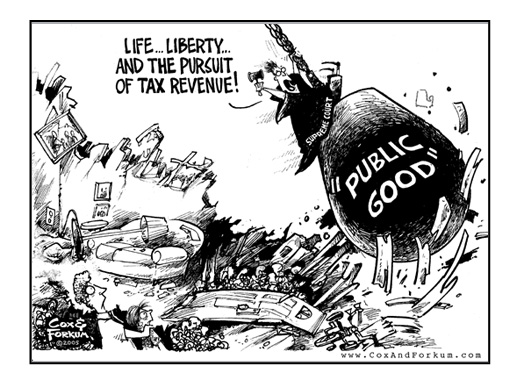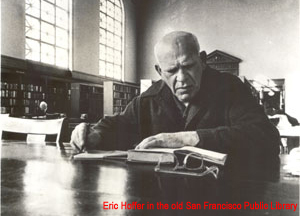The Castle Coalition is the Institute for Justice’s nationwide grassroots property rights activism project. Founded in 2002, the Castle Coalition teaches home and small business owners how to protect themselves and stand up to the greedy governments and developers who seek to use eminent domain to take private property for their own gain. And thanks to the gracious generosity of our donors, we’re able to do this for free.
With our Eminent Domain Abuse Survival Guide, we provide activists around the country with the tools and strategies necessary to successfully stop the abuse of eminent domain in their towns. We travel the nation to meet with and educate concerned citizens about government-backed land grabs and also host training sessions for affected neighborhoods that are threatened by eminent domain abuse. Through our membership network, we give support to those communities most endangered by the alliance of tax-hungry governments and land-hungry developers.







